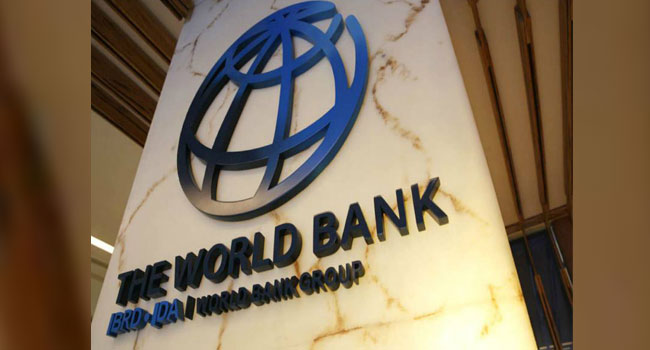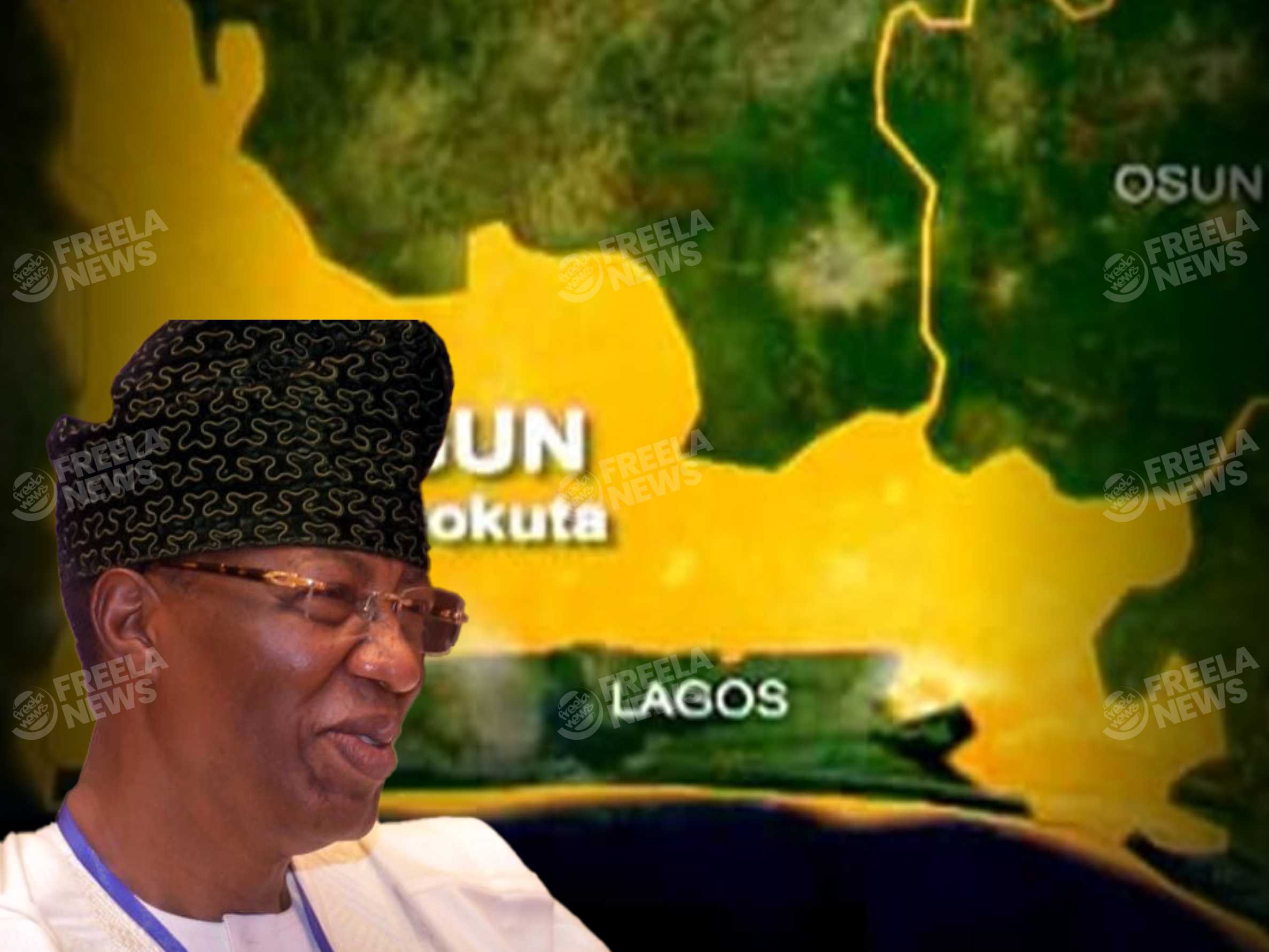Nigeria remains the third-largest borrower from the World Bank’s IDA with $18.2bn owed as of June 2025, highlighting growing financing needs and debt sustainability concerns
Nigeria has maintained its ranking as the third-largest debtor to the World Bank’s International Development Association (IDA), with outstanding obligations of $18.2 billion as of June 30, 2025.
Also read: FG seeks extra $65m from World Bank to expand procurement reform project
This represents a $1.7 billion or roughly 10.3% increase from $16.5 billion in June 2024.
The IDA, the World Bank’s concessional lending arm, provides low-interest or interest-free loans and grants to the world’s poorest countries.
While IDA financing comes with long maturities and generous grace periods, Nigeria’s growing debt underscores both its scale of development needs and reliance on concessional funding.
Between June 2023 and June 2025, Nigeria received $3.9 billion in IDA loans, including $2.2 billion in the 2023–2024 fiscal year alone.
These loans support projects in energy, education, healthcare, rural infrastructure, and governance. Nigeria’s total debt to the World Bank now stands at $18.23 billion as of March 31, 2025, accounting for 39.7% of the country’s total external debt of $45.98 billion.
Globally, Bangladesh remains the largest IDA borrower with $22.6 billion owed, followed by Pakistan ($19.3 billion) and Nigeria ($18.2 billion).
India’s IDA debt declined from $15.9 billion to $14.2 billion, while Ethiopia, Tanzania, Kenya, Vietnam, Ghana, and Côte d’Ivoire round out the top ten borrowers.
Economists note that Nigeria’s heavy reliance on IDA loans reflects the persistent financing gap for infrastructure, energy access, and poverty reduction programs.
Dr. Muda Yusuf, CEO of the Centre for the Promotion of Private Enterprise, stressed that while borrowing can support critical investments, debt sustainability remains paramount.
He cautioned that without sufficient revenue to service loans, Nigeria risks falling into a cycle of borrowing to repay existing obligations, which could compromise fiscal stability.
IDA loans are favorable compared to market borrowing, but the steady accumulation of debt raises long-term sustainability concerns.
Dr. Yusuf highlighted the importance of linking borrowing to projects that strengthen Nigeria’s economic capacity to repay, while also being cautious of exchange rate risks associated with foreign loans.
Also read: FG loses World Bank loan over audit failures
With the World Bank now accounting for 81.2% of Nigeria’s total multilateral debt, careful planning and disciplined fiscal management will be essential to prevent long-term financial vulnerability.





























